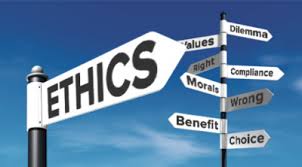Llorca Albareda, J., Rueda, J.
Philos. Technol. 36, 10 (2023).
https://doi.org/10.1007/s13347-023-00609-8
Abstract
Although the map of technology ethics is expanding, the growing subdomains within it may raise misgivings. In a recent and very interesting article, Sætra and Danaher have argued that the current dynamic of sub-specialization is harmful to the ethics of technology. In this commentary, we offer three reasons to diminish their concern about ethical proliferation. We argue first that the problem of demarcation is weakened if we attend to other sub-disciplines of technology ethics not mentioned by these authors. We claim secondly that the logic of sub-specializations is less problematic if one does adopt mixed models (combining internalist and externalist approaches) in applied ethics. We finally reject that clarity and distinction are necessary conditions for defining sub-fields within ethics of technology, defending the porosity and constructive nature of ethical disciplines.
Conclusion
Sætra and Danaher have initiated a necessary discussion about the increasing proliferation of neighboring sub-disciplines in technology ethics. Although we do not share their concern, we believe that this debate should continue in the future. Just as some subfields have recently been consolidated, others may do the same in the coming decades. The possible emergence of novel domain-specific technology ethics (say Virtual Reality Ethics) suggests that future proposals will point to as yet unknown positive and negative aspects of this ethical proliferation. In part, the creation of new sub-disciplines will depend on the increasing social prominence of other emerging and future technologies. The map of technology ethics thus includes uncharted waters and new subdomains to discover. This makes ethics of technology a fascinatingly lively and constantly evolving field of knowledge.

